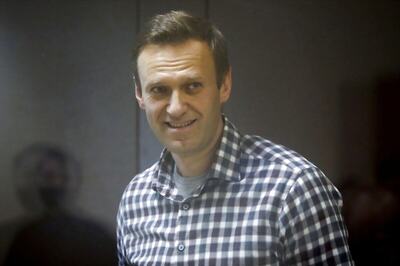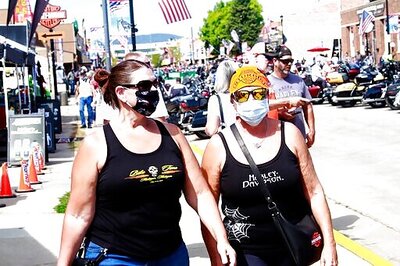
views
Rome: A woman at the center of a right-to-die debate in Italy was transferred Tuesday to a hospital where she is to be allowed to die after 17 years in a vegetative state.
Anti-euthanasia activists heckled the ambulance crew that moved her, with some shouting, 'Don't Kill Her.'
The Catholic church and pro-life activists have mounted a campaign to keep Eluana Englaro alive, denouncing what they say would be her execution.
Others contend that Englaro's father is trying to give her the dignified death she had sought.
Her nighttime transfer on Tuesday reignited a bitter national debate.
The Englaro case has drawn comparisons in Italy with that of Terry Schiavo, the American woman who was at the center of a right-to-die debate until her death in 2005.
Schiavo's husband, who wanted her feeding tube removed against her parents' wishes, prevailed in a polarizing battle in the United States that reached Congress, then-President George W Bush and the Supreme Court.
In 2007, the Vatican also joined the debate, condemning Schiavo's death as 'arbitrarily hastened' and calling the removal of her feeding tube a violation of the principles of Christianity and civilization.
This weekend, Pope Benedict XVI said euthanasia is a 'false solution' to suffering. His health minister, Cardinal Javier Lozano Barragan, told La Repubblica newspaper that removing Englaro's feeding tube 'is tantamount to an abominable assassination, and the church will always say that out loud.'
Englaro was transferred by ambulance to the northeastern city of Udine from Lecco, where she had been cared for, in the early hours of Tuesday, said family lawyer Vittorio Angiolini.
A small crowd of anti-euthanasia activists gathered and heckled the ambulance as it was leaving Lecco. Some of the activists shouted slogans such as 'Eluana, Wake Up!' ''Don't Kill Her!' and 'Eluana Is Alive.'
Englaro has been in a vegetative state since a car accident in 1992, when she was 20. Her father has led a protracted court battle to disconnect her feeding tube, insisting it was her wish.
An Italian court in the summer granted his request, setting off a political storm in this Roman Catholic country.
Her father sought to have her removed from the Catholic clinic in Lecco to Udine, in the region where the family is from. But the government issued a decree last month telling state hospitals that they must guarantee care for people in vegetative states, leading at least one hospital in Udine to refuse to take Englaro.
Eventually, the private facility La Quiete in Udine agreed to take her.
Angiolini refused to discuss what steps would now be taken to end Englaro's life. News reports said that the procedure to disconnect her feeding tube would begin in a few days and would take weeks to conclude.
Amato De Monte, the anesthetist who escorted Englaro on the ambulance, said she was very different from the youthful woman who has been presented in the media.
He defended the clinic's choice in the face of mounting criticism, saying in an interview to RAI state TV, "Eluana will not suffer because Eluana died 17 years ago."
Some in the conservative government of Premier Silvio Berlusconi have criticized the move, and Welfare Minister Maurizio Sacconi said the government was investigating the transfer.
By law, Italy does not allow euthanasia.
Patients have a right to refuse treatment, but there is no law that allows them to give advance directions on what treatment they wish to receive if they become unconscious.
Many have urged parliament to adopt legislation to fill the hole. But the issue is charged with emotions and religious overtones, and positions differ even within the same political bloc.




















Comments
0 comment